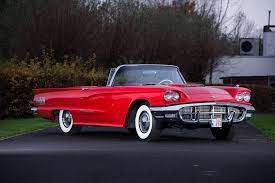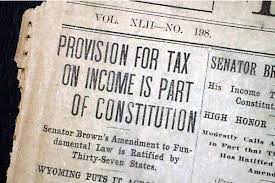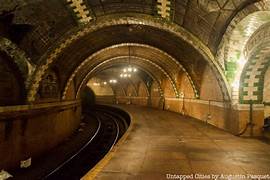On August 28, 1968, one of the most significant and contentious moments in American history unfolded as anti-Vietnam War protesters clashed with law enforcement during the Democratic National Convention in Chicago. This event, known as the Chicago protests or the Battle of Michigan Avenue, marked a turning point in public opinion towards the war and highlighted the deep divisions within American society.
The protests in Chicago were part of a larger movement against the Vietnam War, which had been escalating in intensity and unpopularity throughout the 1960s. Thousands of demonstrators, including anti-war activists, civil rights advocates, and student groups, gathered in Chicago to voice their opposition to the war and demand an end to the conflict.
Tensions between the protesters and the Chicago Police Department quickly escalated, leading to violent clashes and widespread chaos. The police, armed with batons and tear gas, confronted the demonstrators, resulting in numerous injuries and arrests. The scenes of police brutality were captured by the media and broadcasted to the nation, further fueling public outrage and disillusionment with the war.
The Chicago protests became a defining moment in the anti-war movement, symbolizing the growing frustrations and disillusionment with the government's handling of the war. The clash between the protesters and law enforcement highlighted the deep divisions within American society, with many viewing the incident as a stark representation of the government's disregard for the will of the people.
The events in Chicago also had a profound impact on the 1968 presidential election. The Democratic Party had been deeply divided over the issue of the Vietnam War, with anti-war candidate Eugene McCarthy challenging the party establishment's support for the war. The violent protests in Chicago further fractured the party, leading to a contentious convention and ultimately the nomination of Hubert Humphrey, who faced backlash for his perceived alignment with the war policies of President Lyndon B. Johnson.
The Chicago protests also played a significant role in shaping public opinion towards the war. The scenes of violence and police brutality captured the attention of the nation, leading many Americans to question the government's justifications for the war. The events in Chicago further galvanized the anti-war movement, mobilizing more individuals to join the cause and demanding an end to the conflict.
In the aftermath of the Chicago protests, significant changes were made in how protests and demonstrations were handled by law enforcement. The excessive use of force by the police led to increased scrutiny and calls for police reform. The incident also highlighted the need for greater protection of individuals' rights to free speech and assembly, prompting discussions about the balance between public safety and civil liberties.
The Chicago protests of August 28, 1968, remain a pivotal moment in American history. The clash between anti-war protesters and law enforcement symbolized the deep divisions within the country over the Vietnam War. The events in Chicago further fueled public opposition to the war and played a significant role in shaping public opinion and policy decisions regarding the conflict. The legacy of the Chicago protests continues to resonate today, reminding us of the power of collective action and the importance of standing up for our beliefs.






